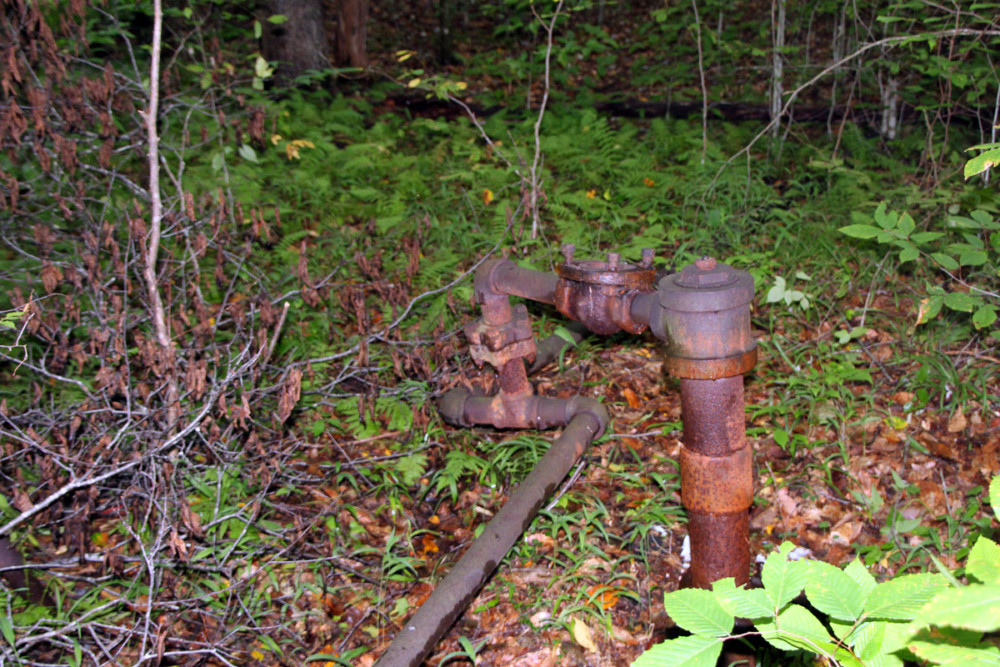
Clean Air Council asks activists what local action against methane looks like
The council held a panel to celebrate the House’s historic vote repairing Federal Greenhouse Gas Standards
The House of Representatives voted in late June to restore federal standards for methane leakage from oil and gas facilities built since 2015. Clean Air Council spoke with activists and educators across Pennsylvania to discuss possible further climate action to protect public health. The panel included Pratima Agrawal, Accountability Manager at the FACTS School; Ron Whyte, Organizer at Mural Arts Trash Academy; Christina Rosan, Professor of Urban Studies and Geography at Temple University; Barbara Wendeborn Brandom, Concerned Healthcare Professionals of Pennsylvania Steering Committee (supported by Physicians for Social Responsibility PA), Retired Physician, University of Pittsburgh; and Paul Prescod, Philadelphia Federation of Teachers.
Congresswoman Mary Gay Scanlon (PA-05) Applauded the Reinstatement of Original Federal Standards for Methane Pollution from Oil and Gas Facilities
“Methane pollution is the single largest human-controlled contributor to climate change and causes disastrous health and environmental impacts for all Americans,” said Rep. Scanlon. “In my district, methane pollution contributes to exceptionally high rates of childhood asthma and related health disorders. Restoring the EPA’s New Source Performance Standards (NSPS) for oil and gas facilities will go a long way toward protecting vulnerable communities and ensuring a safe, clean world for generations to come.”
Statement from Clean Air Council Executive Director and Chief Counsel Joseph Otis Minott, Esq. on the historic House vote:
“The United States has taken a major step to avoid the worst effects of climate change while also reducing the air pollutants that form asthma-inducing ground-level ozone. The House’s vote to reinstate the original 2016 New Source Performance Standards (NSPS) for new oil and gas facilities will allow the EPA to move forward with a vitally necessary methane leakage standard for existing oil and gas facilities to be proposed in September.”
The final NSPS was expected by the EPA to reduce 510,000 short tons of methane pollution in 2025, the equivalent of reducing 11 million metric tons of carbon dioxide. The rule was also expected to reduce other pollutants, including 210,000 tons of Volatile Organic Compounds and 3,900 tons of air toxins in 2025.
Clean Air Council and its partners are now focused on a stronger existing source rule that will be proposed by EPA in September in order to reduce methane emissions by 65% by 2025. These reductions will reduce methane emissions in 2025 by 7.8 million metric tons of methane compared to current policies, equivalent to 680 million metric tons CO2-equivalent over a 20-year time period.
Methane is 87 times more potent a greenhouse gas than carbon dioxide over a 20-year period and leaks from every facet of natural gas drilling and distribution infrastructure. According to the EPA’s 2021 Greenhouse Gas Inventory, methane pollution from the natural gas industry has increased every year since 2016 with the biggest increase from 2018 to 2019. Although natural gas drilling decreased nationally by 1% in 2020, drilling in Pennsylvania increased by 1 billion cubic feet per day from 2019 to 2020.
EPA estimates the final rule will yield climate benefits of $690 million in 2025, which will outweigh estimated costs of $530 million. Net climate benefits are estimated at $170 million in 2025.
The National Oceanic and Atmospheric Administration (NOAA) has concluded that since 1980 the United States has experienced 291 weather and climate disasters causing a combined 14,492 deaths and over $1.9 trillion in damages. Just in 2020, NOAA counted 22 weather and climate disasters that totaled over $1 billion in damages each, the highest disaster costs ever recorded in a single year since 1980.









